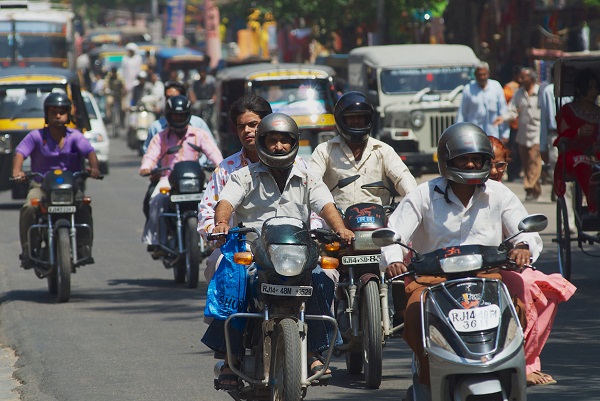.png)
May 21, 2025 at 4:01 AM IST
India is better placed than many other emerging markets to withstand the effects of US tariffs and global trade disruptions, according to Moody’s. The rating agency attributes this to India’s large domestic economy, low reliance on goods exports, and strong internal growth drivers.
Moody’s noted that continued government support through infrastructure spending, income tax cuts, and targeted incentives is helping sustain domestic demand. This domestic focus shields many sectors from volatility in global trade.
Despite the US being India’s largest export destination, the direct impact of tariffs is expected to be limited. Goods exports form a smaller share of India’s GDP compared to other Asia-Pacific countries. A temporary pause in US tariff hikes has also eased immediate pressure. Moody’s projects India’s GDP growth in 2025 at 6.3%, slightly down from 6.7% earlier, but still the highest among G-20 nations.
India’s services sector, particularly IT, R&D, and business processing, remains a growth engine. Services contributed 47% of total exports in 2024-25, up from 34% a decade ago. While this sector is not directly affected by tariffs, it remains exposed to changes in US immigration policy.
A new free-trade agreement with the UK and ongoing trade talks with the US and EU reflect a shift in India’s approach towards greater trade openness.
India’s non-financial firms are largely protected due to strong domestic operations and diversified export markets. However, industries like autos, pharmaceuticals, textiles, and electronics face exposure to US sector-specific tariffs. Moody’s noted that these companies are managing risks through localisation, supply chain diversification, and maintaining US operations.
The Reserve Bank of India’s accommodative policy stance supports further growth. Easing inflation gives the central bank room to cut rates, reducing borrowing costs. However, currency volatility and potential capital outflows remain key concerns.
Geopolitical tensions, including recent incidents involving Pakistan, have been factored into Moody’s assessment. These are not expected to materially affect economic activity, as key production centres lie far from conflict areas.
Moody’s said that although global trade uncertainty presents challenges, India’s economic structure, strong services sector, and infrastructure focus give it buffers unmatched by most emerging markets. When combined with supportive fiscal and monetary policies, these strengths allow India to manage external shocks more effectively than its peers.





